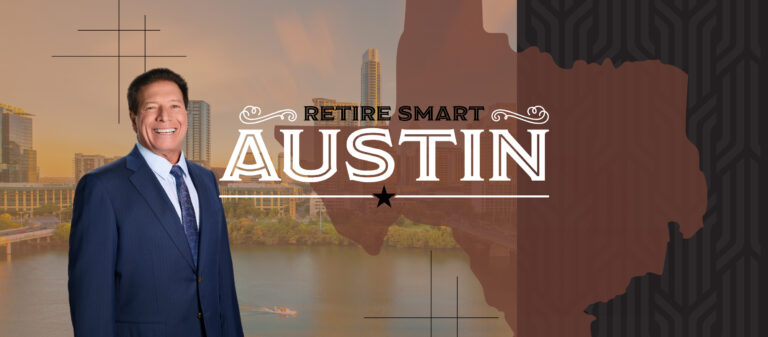- Who We Are
- Empower Solutions
- Media Library
-
Featured
What's New
Key Takeaways An Employee Benefit Research Institute survey found that more than two-thirds of retirees...Key Takeaways Some provisions related to the Secure 2.0, a federal retirement law, will go into effect...No posts found
-
- Events
- Form CRS
- Contact




